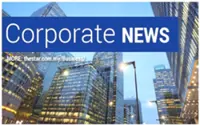Mayor says gazetted green spaces in city will no longer be sacrificed for development
KUALA Lumpur’s green lungs are off-limits to development, says its mayor Datuk Seri Maimunah Mohd Sharif.
Follow us on our official WhatsApp channel for breaking news alerts and key updates!
Thank you for your report!





